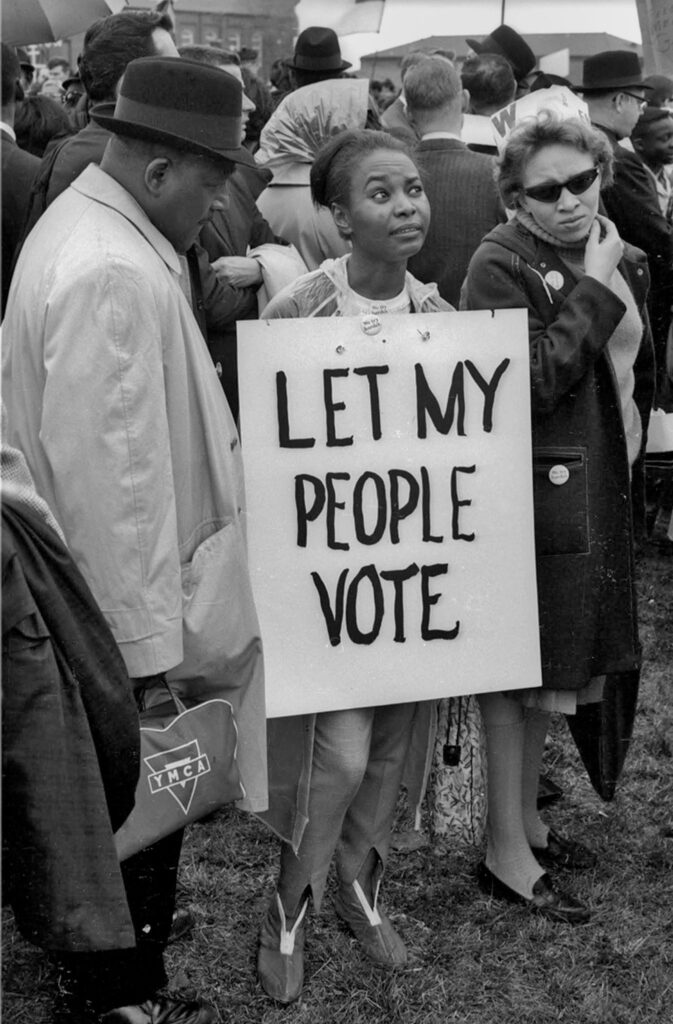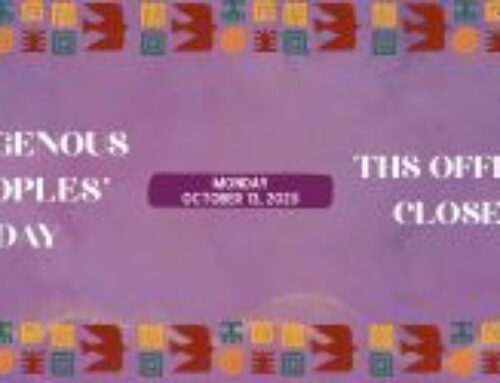All About Women’s History Month
From ancient Egyptian queens to African warriors, from women’s suffrage activists to leaders of the modern feminist movement — women have always made it clear that they should not be underestimated and have spent centuries fighting for equality. Women’s History Month was first recognized in 1987, 67 years after women gained the right to vote. Since then, women have made great strides. Not only can a woman vote, she can also become Vice President of the United States, go to the moon, fight in the military, become clergy members, and become just about anything she wants to.
While American women today have mostly the same rights as men, not all women around the world can say the same and even in the US we are still fighting to be equals in the workplace, in healthcare, in government and more. Countless women have and continue to pave the way so that others can feel free to be the woman they are, use their voices, and demand the respect they deserve. Below are just a few examples of women who have sparked change.
Women Who Have Gone Down In History
- Malala Yousafzai (1997- ) was born and raised in Pakistan where she attended her father’s school for girls. In 2008, the Taliban took over her hometown and banned girls from attending school. Her father encouraged her to fight for what she believed in as he believed that women deserved the right to an education, so she began publicly speaking out about the need for girls to receive an education. A member of the Taliban attempted to assassinate Malala when she was only 15 years old and shot her in the head. She survived and after recovering, continued and even intensified her activist efforts, starting her own charity and sharing her story with the world. In 2014, Yousafzai became the youngest person to receive a Nobel Peace Prize.
- Susan B. Anthony (1820-1906) is one of the most well-known leaders of the women’s suffrage movement in the United States. She grew up in a Quaker community which instilled in her the belief that all people are equal in the eyes of God and it inspired her to speak out publicly against slavery. In the 1850s, Anthony became involved in the women’s suffrage movement and she risked her well-being and safety to advocate for women’s rights. Unfortunately, Anthony passed away just 14 years before women gained the right to vote.
- Wilma Mankiller (1945-2010) was born in Tahlequah, Oklahoma as a member of the Cherokee Nation. She and her family were forced to move to San Francisco in 1956 as part of the Bureau of Indian Affairs Relocation Program. In her youth, Mankiller became heavily involved in activist efforts and later moved back to Oklahoma where she got to work in helping to improve the lives of the Cherokee people with community development projects. In 1985, Wilma Mankiller became the first female principal chief of the Cherokee Nation. During her time as chief, she helped to increase tribal enrollment and employment rate as well as improve health care and education for Indigenous Americans.
An Important Note On BIPOC Women’s Rights
It’s important to acknowledge the additional work it took for BIPOC women to have the same rights as White women. While the 19th Amendment made it so that women could vote, there were still a variety of things standing in their way, especially in the South. Women (and men) of color were threatened with violence and were met with tactics (competency tests, poll taxes, grandfather clauses) put in place that made it nearly impossible to vote. It wasn’t until The Voting Rights Act of 1965 that finally put an end to many of these tactics allowed people of all races and genders to vote.

Therapeutic Health Services
At THS, we understand that there are unique struggles that women in recovery may face, especially those who are mothers or are pregnant. Our Pregnant & Parenting Program aims to help expecting mothers deliver healthy babies and help parents in recovery develop the skills they need to live healthy lives with their families. If you’re interested in supporting this program and supporting women in the Puget Sound Area, consider donating today.

